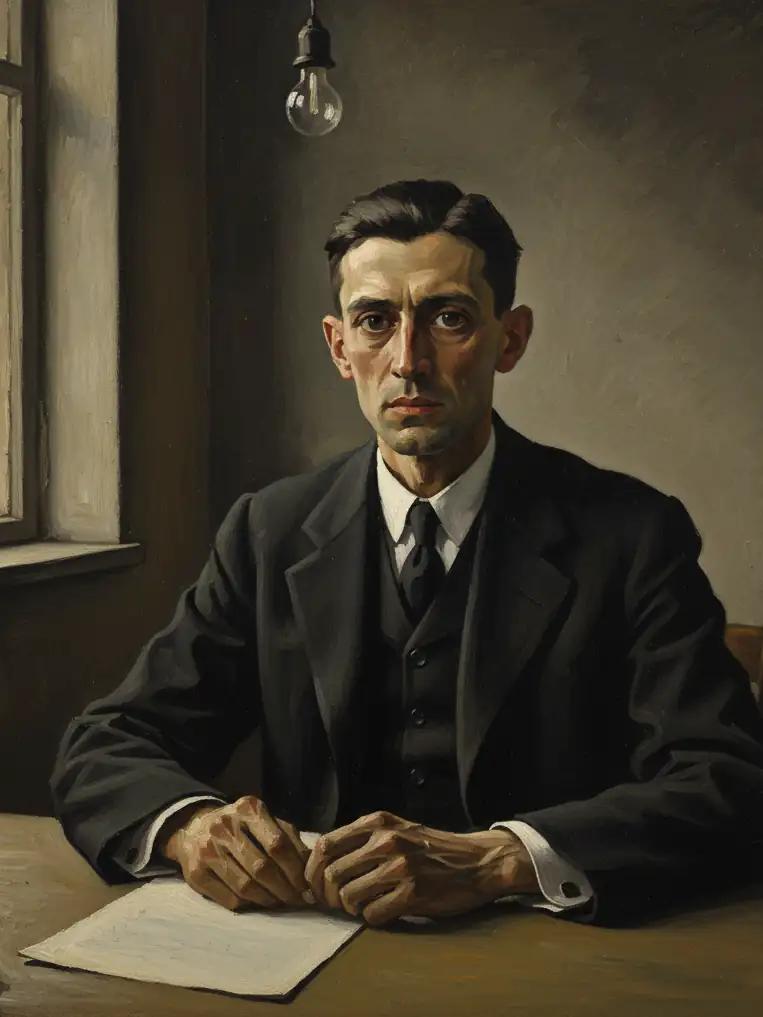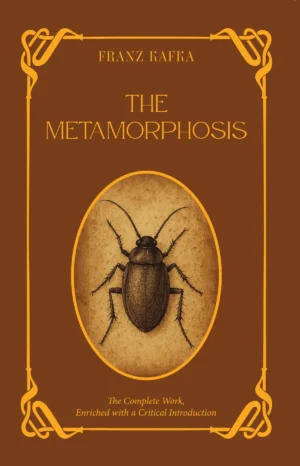
Franz Kafka
Franz Kafka (1883–1924) was a German-speaking Bohemian writer born in Prague, then part of the Austro-Hungarian Empire. He is widely regarded as one of the most influential literary figures of the 20th century. Kafka worked as a lawyer for an insurance company while writing fiction in his spare time. His works explore themes of alienation, existential anxiety, and the absurdity of modern life, often through surreal and nightmarish scenarios.
Despite his limited output during his lifetime, Kafka’s major works—including The Metamorphosis, The Trial, and The Castle—have had a profound impact on literature, philosophy, and popular culture. Most of his writings were published posthumously, against his explicit wishes, by his friend and literary executor Max Brod. Kafka’s distinctive style and the term “Kafkaesque” have come to symbolise the complex, oppressive, and often illogical nature of bureaucracy and modern existence.
Books by Franz Kafka
-
Sale!

The Metamorphosis
₹47.00 – ₹161.00Price range: ₹47.00 through ₹161.00 Select options This product has multiple variants. The options may be chosen on the product page
